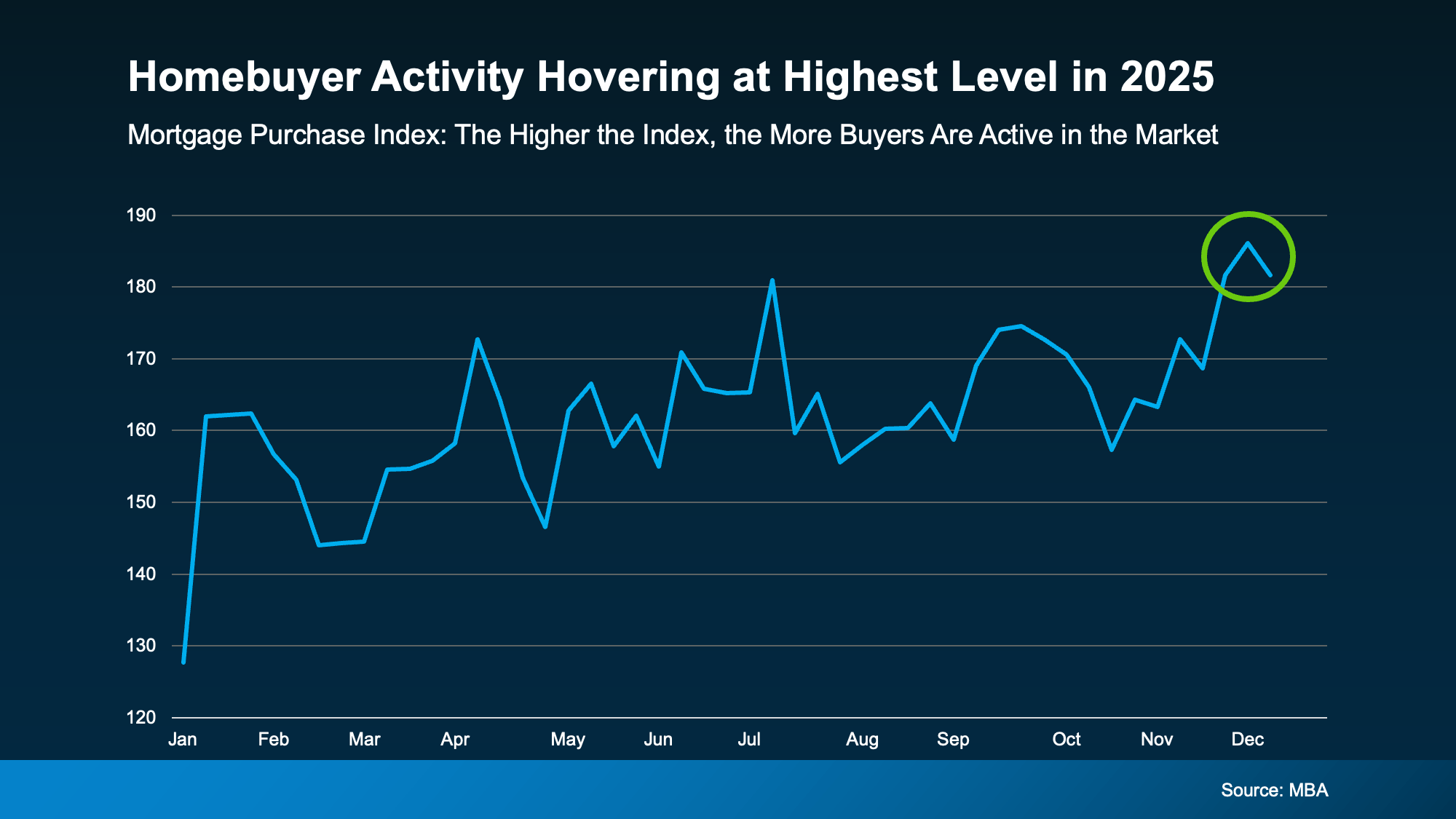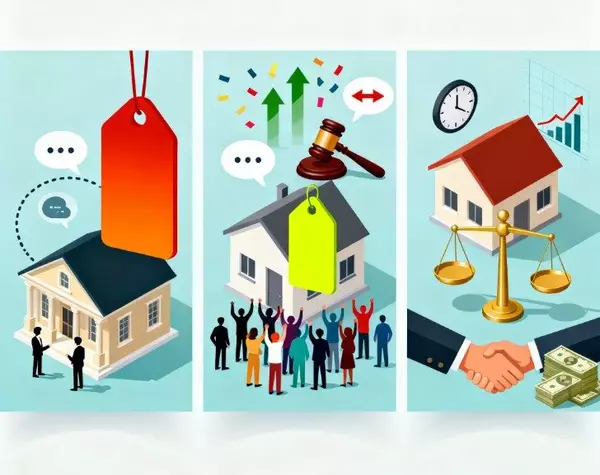How to Buy a Home in 2025: Southern California Guide
How to Buy a Home in 2025: The Great SoCal House Hunt (A Step‑by‑Step Guide)
Humbling. Exhausting. Overwhelming. Also: exhilarating and life‑changing. If you’re planning to buy a home in 2025—especially in Southern California—this guide gives you a clear, honest, step‑by‑step path from “Where do I start?” to “Welcome home.”
You’ll get practical budgeting frameworks, mortgage basics, search strategies, open house tips, offer tactics, escrow know‑how, and a realistic move‑in plan—optimized with the terms buyers are searching for in 2025.
At‑a‑Glance: The 8 Steps
-
How much can you afford?
-
Master the mortgage loan
-
Zillow, Redfin, or Realtor? Build a winning search
-
Find the right real estate agent
-
Ace the open house (with a checklist)
-
Make a competitive offer (without reckless risk)
-
Survive escrow in California
-
Welcome home: budget for ownership
1) How Much Can You Afford in 2025?
Buying power comes from three numbers: monthly budget, down payment, and credit profile.
-
Set your monthly housing budget
-
Use the “comfort first” rule: target 25–33% of gross income for all‑in housing (principal, interest, taxes, insurance, HOA/MI if any). Lenders often approve higher ratios—that’s borrowing power, not affordability.
-
Stress‑test your budget +10% for future increases in taxes/insurance/HOA.
-
-
Estimate your all‑in payment
-
PITI + PMI/MI (if <20% down) + HOA (if condo/townhome) + utilities + routine maintenance.
-
Quick maintenance rule: 1–2% of home value per year, or $1 per sq ft per year as a floor.
-
-
Down payment realities in 2025
-
The 20% down myth: strong buyers routinely purchase with 3–10% down. PMI can be temporary.
-
Consider reserves: aim for 3–6 months of expenses post‑closing.
-
-
Credit tune‑up
-
Pay down revolving balances below 30% utilization; avoid new credit lines; fix errors.
-
If you’re self‑employed/1099, plan for two years of consistent income documentation.
-
Pro tip: Start an “offer file” now (last two W‑2s or tax returns, 30–60 days of pay stubs, 60 days of asset statements). It speeds preapproval later.
2) Master the Mortgage Loan (FHA vs Conventional vs VA, ARM vs Fixed)
Know your options before you shop.
-
Conventional loan (3–5%+ down): Strong fit for good credit; PMI applies if <20% down. PMI can often be removed once you reach 20% equity.
-
FHA loan (as low as 3.5% down): Flexible credit guidelines; includes upfront and annual mortgage insurance. Often helpful for first‑time buyers.
-
VA loan (0% down for eligible veterans): No PMI; competitive terms; funding fee may apply for some borrowers.
-
Jumbo loans: For high‑cost areas (common in SoCal) exceeding conforming limits.
-
Fixed vs. ARM in 2025
-
Fixed: payment stability; good if you’ll hold 7+ years.
-
ARM: lower initial rate; good if you plan to sell/refi before the first adjustment. Understand caps and worst‑case payment.
-
Lender strategy
-
Get a true preapproval (automated underwriting + document review), not just prequalification.
-
Rate shop smart: pull quotes on the same day, compare APR, points, lender fees, and credits.
-
Ask about first‑time buyer assistance (e.g., CalHFA programs) and lender credits toward closing costs.
3) Zillow, Redfin, or Realtor? Build a Winning Search
Use portals to learn the market—but don’t let the doom‑scroll waste your time.
-
Set focused alerts: price, bed/bath minimums, commute, school zones, and must‑have features.
-
Track “days on market,” price cuts, and HOA dues. In SoCal, HOA fees can swing affordability.
-
Compare portals with MLS auto‑emails from your agent—MLS data is typically faster and cleaner.
Keyword tip: “Zillow vs Redfin vs Realtor in 2025” is a common search—your answer is: use all, then validate with your agent’s MLS feed.
4) Find the Right Real Estate Agent
You want a strategist and a project manager in one.
-
Interview 2–3 agents. Ask about:
-
Recent comps and list‑to‑sale price ratios in your target neighborhoods
-
Offer strategies they’ve used to win without waiving critical protections
-
Preferred inspectors and lenders—and how they avoid conflicts of interest
-
-
Fit check: communication style, responsiveness, and local expertise (micro‑markets matter in SoCal).
Red flag: pressure to waive inspection or appraisal contingencies in a hot market without a plan for risk.
5) Ace the Open House (with a Printable‑Friendly Checklist)
What to look for in 10–15 minutes:
-
Exterior & structure
-
Roof age/condition, drainage, grading away from the foundation, stucco/cracks, termite risk
-
-
Systems
-
Electrical panel capacity, GFCI outlets, HVAC age/condition, water heater, visible plumbing
-
-
Interior red flags
-
Musty smells (moisture), patched ceilings/walls, sloping floors, sticky doors (settlement)
-
-
Big‑ticket items
-
Windows, insulation, solar (owned vs. leased), sewer line (request a sewer scope)
-
-
Neighborhood fit
-
Noise, parking, street traffic at rush hours, flight paths, cell service, wildfire/earthquake risks
-
Bring/ask
-
Seller disclosures, recent permits, utility bills, HOA docs (reserves, special assessments, rules)
-
Estimated property taxes based on current value (not the seller’s old tax bill)
6) Make a Competitive Offer (Without Reckless Risk)
-
Strengthen your financing signal
-
Include DU/LP approval if available, a verified down payment, and proof of reserves.
-
Consider a rate‑lock with float‑down if volatility is a concern.
-
-
Price and terms
-
Use sold comps, not just list prices. Ask your agent for an appraisal‑gap strategy only if you can afford it.
-
Shorten contingency periods (not waive them) if you can mobilize inspectors fast.
-
-
Earnest money & contingencies
-
Understand what’s refundable vs. non‑refundable in California; know key dates cold.
-
Bonus: Write a clean, complete offer package—signed disclosures, proof of funds, and a concise cover note from your agent. Keep fair housing rules in mind; avoid personal letters that could trigger compliance issues.
7) Get Through the Escrow Drama (California‑Style)
Escrow is a neutral third party that coordinates the closing.
-
Typical timeline: ~21–35 days from acceptance to closing (varies by loan and deal).
-
Appraisal: supports value for the lender; low appraisal options include price renegotiation, appraisal reconsideration, or buyer bridging the gap.
-
Inspections: general home inspection plus specialists (roof, pest/termite, sewer scope, foundation/structural, chimney, pool). Every $300–$600 inspection can save thousands.
-
Title & insurance: resolve liens and encumbrances; secure homeowner’s insurance early (wildfire zones may limit carriers).
-
Final walkthrough: confirm agreed repairs and property condition before funding.
8) Welcome Home: Budget for Ownership
-
Ongoing costs in Southern California
-
Property taxes (assessed value may reset at purchase)
-
Homeowner’s insurance (wildfire/earthquake endorsements may be additive)
-
HOA dues and special assessments (for condos/townhomes)
-
Utilities + internet + landscaping
-
Preventive maintenance (filters, gutters, caulking, roof checks)
-
-
Smart moves in year one
-
Build an emergency fund, change locks, service HVAC, map the water and gas shutoffs, review your earthquake prep kit.
-
If remodeling, do it before move‑in or wait a year—avoid mid‑move chaos.
-
FAQs: 2025 Home Buying Questions
Q: Do I need 20% down to buy a house in 2025?
A: No. Many first‑time buyers use 3–10% down with PMI or FHA mortgage insurance. Weigh PMI against the time required to save 20% in a rising market.
Q: What are typical closing costs in California?
A: Often ~2–5% of the purchase price, depending on loan type, points, escrow/title fees, prepaid taxes/insurance, and HOA transfer fees.
Q: Fixed vs ARM in 2025—what’s better?
A: Depends on your horizon and risk tolerance. Fixed gives stability; ARMs offer a lower initial rate if you’ll move/refi before adjustments. Model worst‑case payments.
Q: How long does it take to buy a house?
A: From active search to keys: anywhere from 1–6+ months. Once under contract, escrow commonly runs ~21–35 days.
Q: Should I waive inspection to win in a hot market?
A: Generally no. You can shorten timelines, pre‑inspect, or use specialized inspections—but keep critical protections.
Quick‑Start Checklist for First‑Time Buyers
-
Financial
-
Set an all‑in monthly budget and stress‑test it (+10%)
-
Build/down payment + 3–6 months reserves
-
Pull credit, lower utilization, correct errors
-
Gather documents (ID, income, assets, housing history)
-
-
Team
-
Interview 2–3 lenders and 2–3 agents
-
Line up inspectors (general + specialists)
-
-
Search
-
Define must‑have vs nice‑to‑have
-
Set portal alerts and MLS auto‑emails
-
Tour open houses with the checklist
-
-
Offer & Escrow
-
Get true preapproval; understand contingencies
-
Budget for closing costs and immediate repairs
-
Calendar contingency dates; do a thorough final walkthrough
-
Resources
-
Free homebuyer education courses: https://www.fanniemae.com/education
-
Ask lenders and agents about California first‑time buyer programs (e.g., down payment/closing cost assistance) and eligibility in 2025.
Glossary (Search‑Friendly)
-
PMI (Private Mortgage Insurance): Monthly fee for conventional loans with <20% down; removable once equity thresholds are met.
-
Mortgage Insurance (FHA): Upfront + annual insurance on FHA loans; removal rules differ from PMI.
-
DTI (Debt‑to‑Income): Lender ratio of monthly debts to gross income; affects loan approval.
-
Appraisal Gap: Difference between appraised value and purchase price; plan how to handle it.
-
Escrow: Neutral process for funds/documents from contract to close in California.
Final Word
Buying a home in 2025 doesn’t have to be chaotic. Define your budget, line up financing, use data‑driven search habits, protect yourself with inspections, and partner with the right pros. Do that—and the keys will follow.
Categories
Recent Posts










GET MORE INFORMATION

